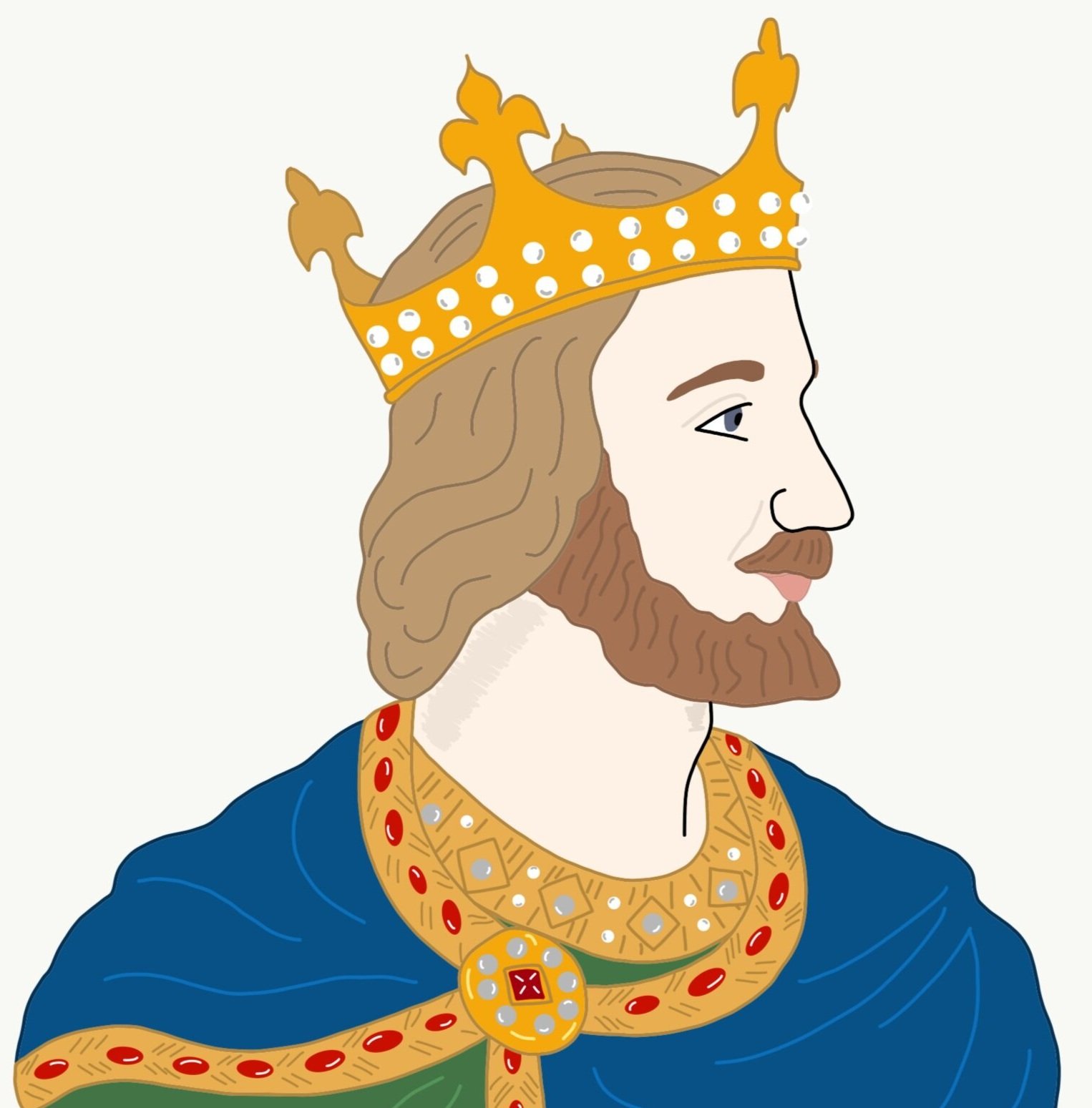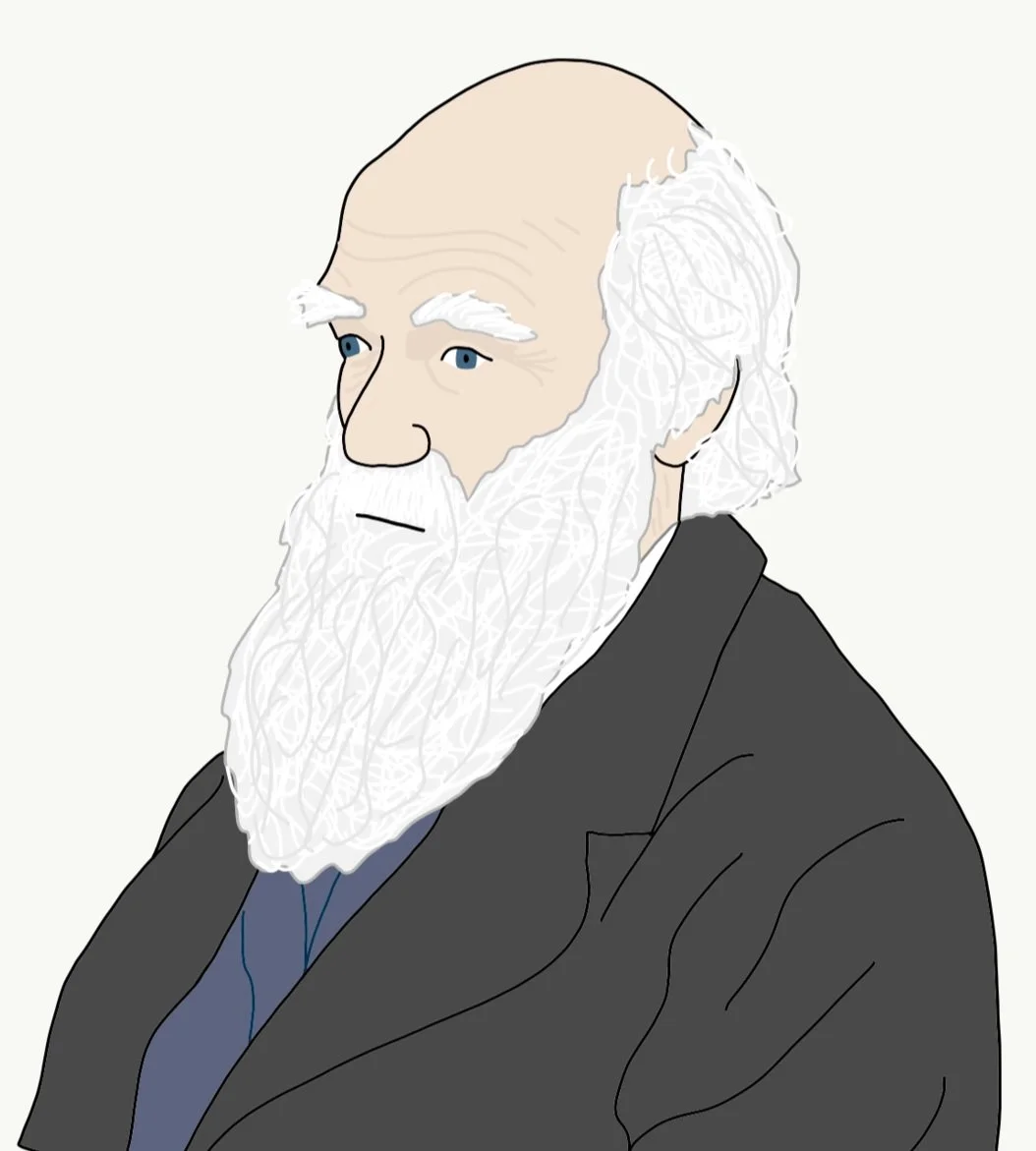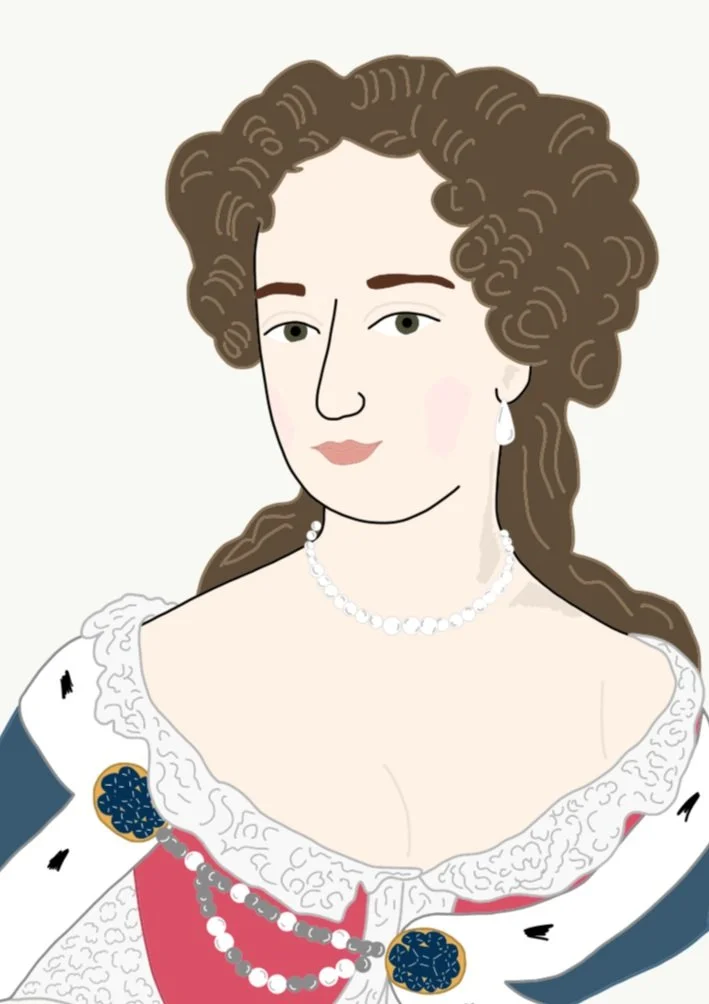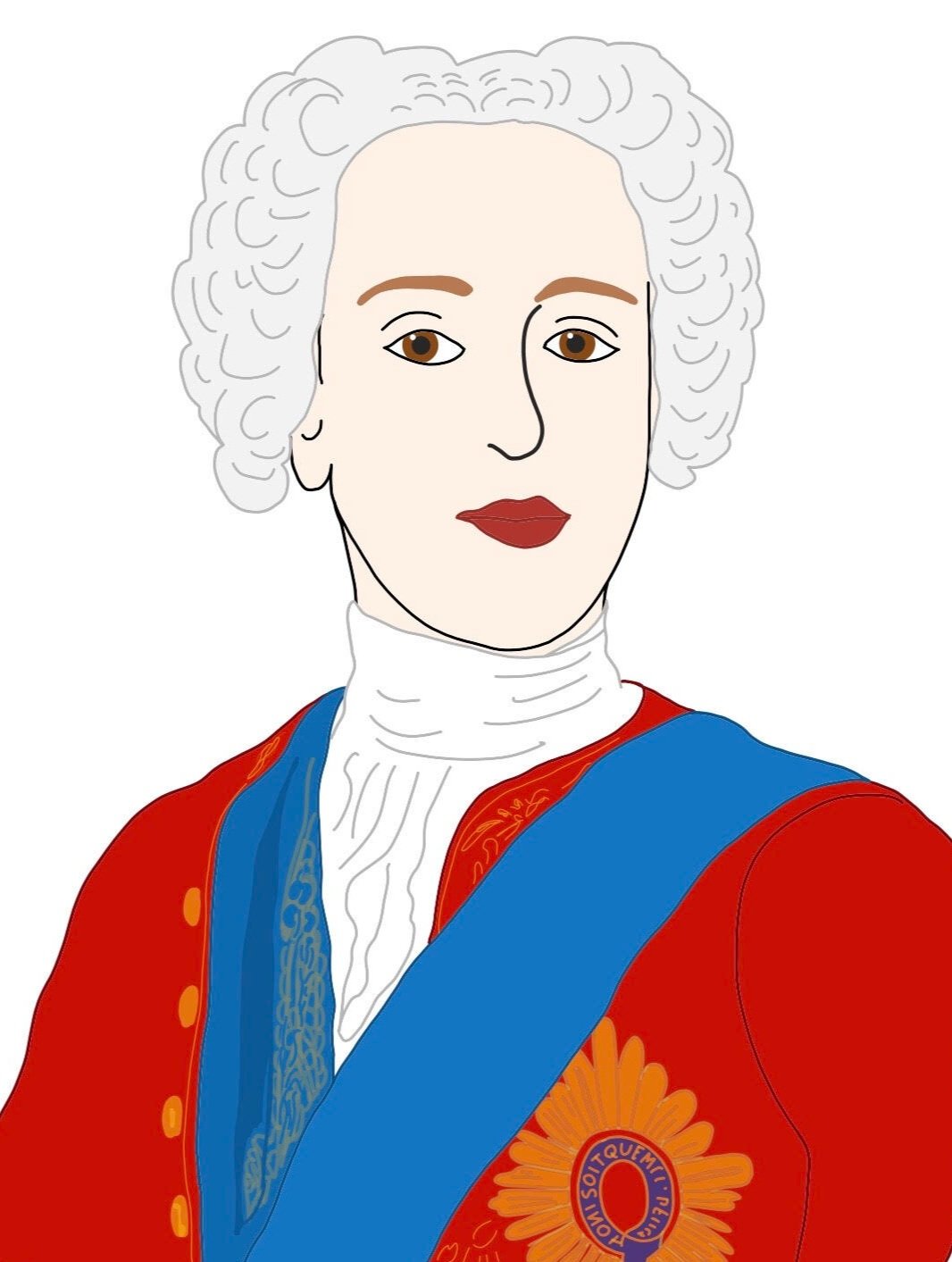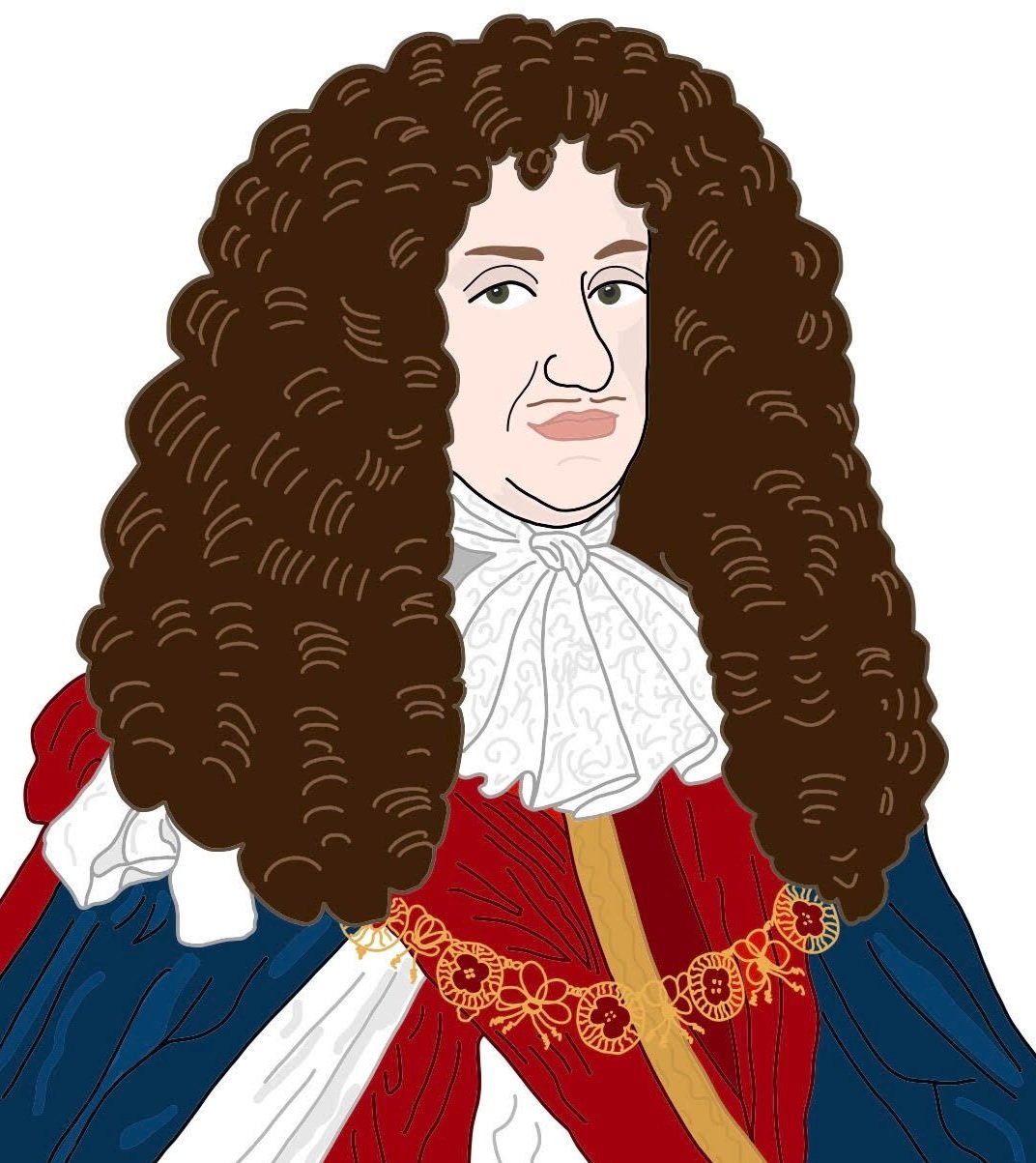December 26th - January 1st
“Happy New Year everyone! Will you begin the new year like Samuel Pepys and start to keep a diary?...”
On 26th December…
King Stephen grabs the English crown before his cousin, the Empress Matilda, could get her chance
1135 - King Stephen was crowned in Westminster Abbey a little over three weeks after the death of Henry I. He pretty much stole the crown from his cousin Matilda, the daughter of Henry, to whom he had pledged allegiance along with many other barons and noblemen. His reign was blighted by The Anarchy, a civil war with Matilda over who was the rightful monarch.
1791 - Charles Babbage, the inventor of a calculating machine was born in London. He is also famous for conceiving the first automatic digital computer, but he never actually built it.
2004 - The Boxing Day Tsunami hit Sri Lanka, Indonesia, Thailand, Malaysia, the Maldives and edges of the Indian Ocean killing over 230,000 people and damaging thousands of miles of coastland. The tsunami was created when a 9.1 magnitude earthquake occurred under the ocean floor.
On 27th December…
Darwin sets off on a voyage of discovery from Portsmouth on the HMS Beagle
1831 - Charles Darwin set sail from Plymouth, England on the ship HMS Beagle to begin his voyage of discovery. The journey lasted five years, and his discoveries and experiences led him to his theory of evolution, and his book ‘The Origin of Species’.
1836 - An avalanche in Lewes, Sussex killed 8 people. It is the deadliest avalanche in British history and happened not in the mountains of Scotland or Wales where you would expect it to happen but in a town in southern England a few miles inland from the coast. On the Christmas Eve heavy snowfall and fierce winds combined to make blizzards and massive snow drifts which covered the land. By night time on Christmas Day a deep layer of snow had formed on the sheer edge of a nearby hill. Despite warning the residents of nearby cottages of the danger they were in they refused to leave their homes and on 27th December the snow fell from the hillside covering the houses below. Witnesses said the cottages were ‘physically swept into the road by a huge wave of snow leaving nothing to be seen except an enormous white heap.’ Of the 15 people in the cottages who were buried under the snow only 7 were pulled out alive. Today a pub called the Snowdrop Inn stands on the site where the cottages once stood.
On 28th December…
Queen Mary II dies of smallpox
1694 - Queen Mary II, daughter of the deposed King James II, died of smallpox. She had ruled as Queen of England alongside her husband William III for 5 years. She was the first, and so far only, Queen of England to have equal rule alongside the King. This was because she insisted that her husband have equal rule with her when she was invited to take the throne when her father was deposed.
1734 - Rob Roy, the Scottish folk hero and outlaw died. His real name was Robert MacGregor, but he often signed himself as Rob Roy in reference to his red hair. He was seen as a Scottish Robin Hood and is buried in Balquhidder in Perthshire, Scotland.
On 29th December…
1170 - Archbishop Thomas Becket was assassinated in Canterbury Cathedral by four of King Henry II’s knights. They believed that the King wanted Thomas dead because he had said something along the lines of, “who will rid me of this meddlesome priest?” At one time the king and Thomas Becket had been good friends, but after Thomas had been promoted to the rank of Archbishop his character changed and he was no longer supportive of the king. He became very pious and sided with the church and the Pope in its disagreements with King Henry. The murder sent shockwaves throughout Europe and the Church and the knights were later punished for their wrongdoing.
1800 - Charles Goodyear the inventor of vulcanised rubber was born in Connecticut, U.S.A. He made his discovery by accident when he dropped some India rubber mixed with sulphur onto a hot stove. Sadly, although his invention made millions for others, he died with debts of $200,000.
1916 - Grigori Rasputin was murdered by Russian nobility. He was a Russian monk and confidant of Tsar Nicolas II and his wife, Alexandra, and had helped their son Alexei who suffered from haemophilia (a blood clotting disease). Despite being humble and a holy man in front of the royal family, outside of their company he was badly behaved, not at all religious, and had a lot of girlfriends. The Tsar refused to believe the stories of his bad behaviour and kept Rasputin as a confidant. Legend has it that it took several attempts to kill him before he actually died. First he was poisoned with tea and cakes but failed to die; then he was shot but managed to run outside where he was shot again but he still didn’t die. The conspirators (who were trying to protect the Tsar) then tied Rasputin up and threw him into a frozen lake where he was trapped under the ice. He is said to have clawed at the ice from underneath before dying. A recent autopsy on his body suggests that he was only shot to death.
1940 - Over 100,000 bombs were dropped overnight on London including the first incendiary bombs during the Blitz of World War II. The devastation caused by the firestorm created by the bombs that night was larger than the area burnt down by the Great Fire of London.
On 30th December…
1460 - The Battle of Wakefield took place during the Wars of the Roses. Richard, Duke of York, was killed and the heavily outnumbered Yorkist forces were defeated by King Henry VI’s Lancastrian army. Richard’s head was displayed at the gates of York wearing a paper crown as a sign of disrespect and mockery at his attempts to take control of England. Following his death, Richard’s eldest son, Edward took up the fight for the right to the throne. Edward went on to become King Edward IV.
On 31st December…
A grandson of King James VII & II is born in Rome
1720 - Bonnie Prince Charlie, was born in Rome, Italy. His full name was Charles Edward Louis Philip Casimir Stuart, but he is better known as Charles Edward Stuart or Bonnie Prince Charlie. His grandfather was the deposed King James II of England. Bonnie Prince Charlie led the unsuccessful Jacobite rebellion as a young adult to fight for his father’s right to the English and Scottish thrones.
On 1st January…
Scotland defies England and crowns Charles II as King of Scotland
1651 - King Charles II was crowned King Charles II of Scotland at Scone but by the beginning of September Charles had fled to France for safety. England at the time was without a monarch; it had executed King Charles I, the father of Charles II and was now under the rule of the Parliament. Scotland, horrified by the decision to execute King Charles I, had invited his eldest son, Charles, to be its king. England was quite angry at this and began to fight the Scottish resistance defeating them in September at the Battle of Worcester which is when Charles II decided to flee to France for his own safety. It wasn’t until 1660, nine years later, that England invited him back to be King of England when it restored the monarchy and had a king once more.
Samuel Pepys begins to keep a diary
1660 - Samuel Pepys began writing in his diary. In it he wrote about the events of his time including detailed accounts of the Great Fire of London.
